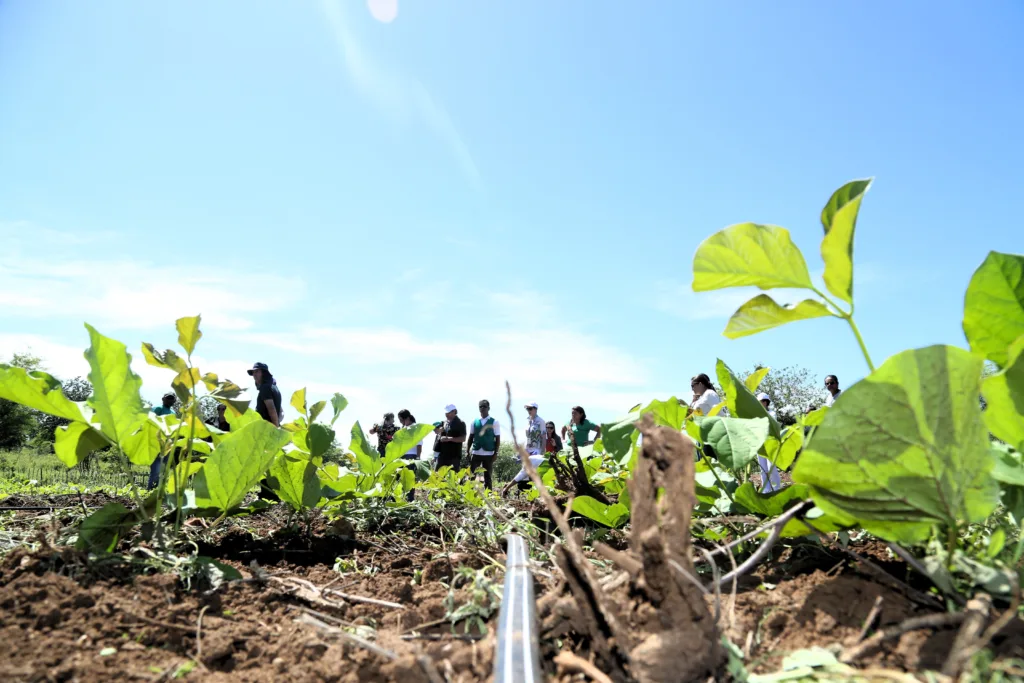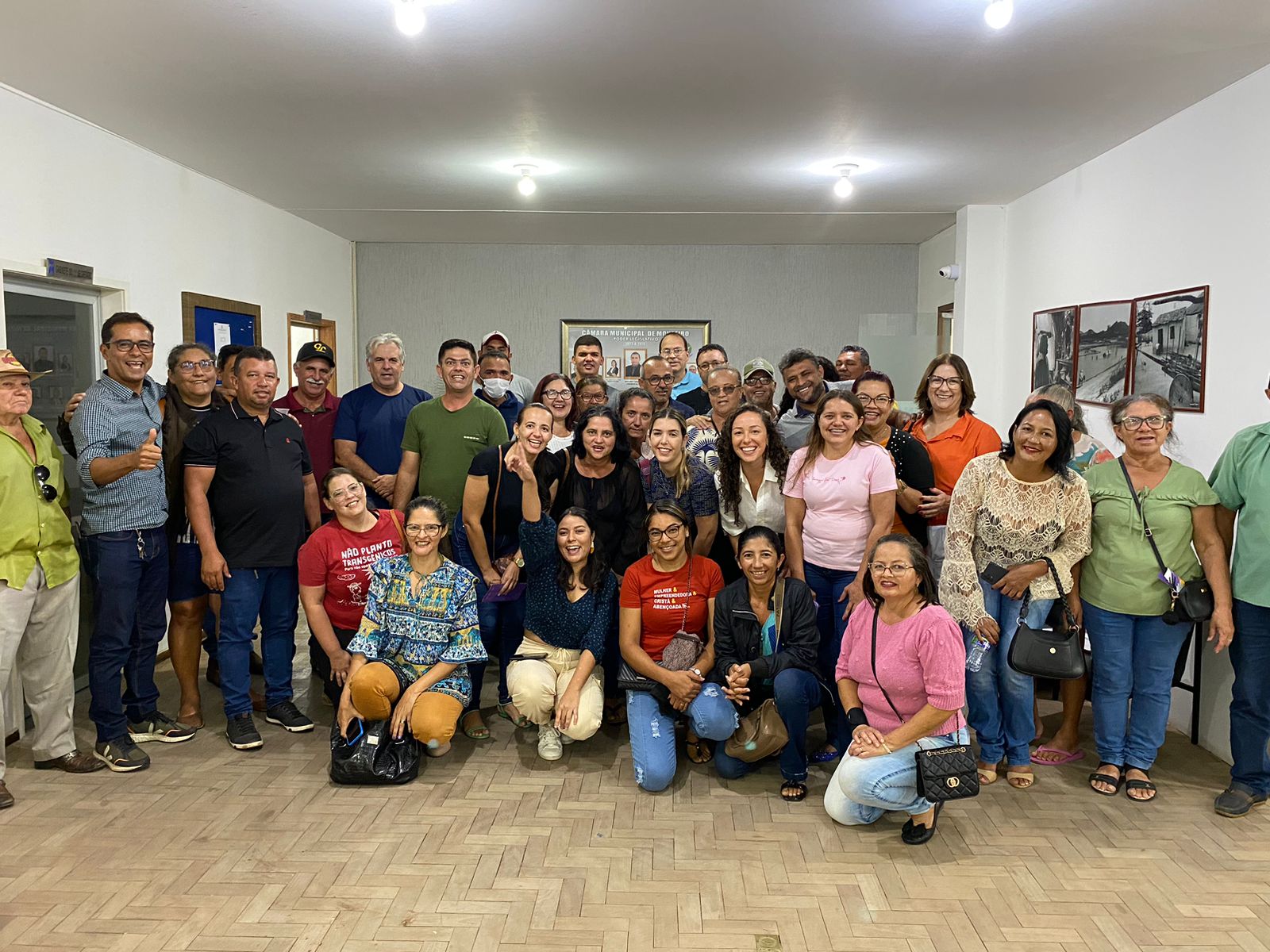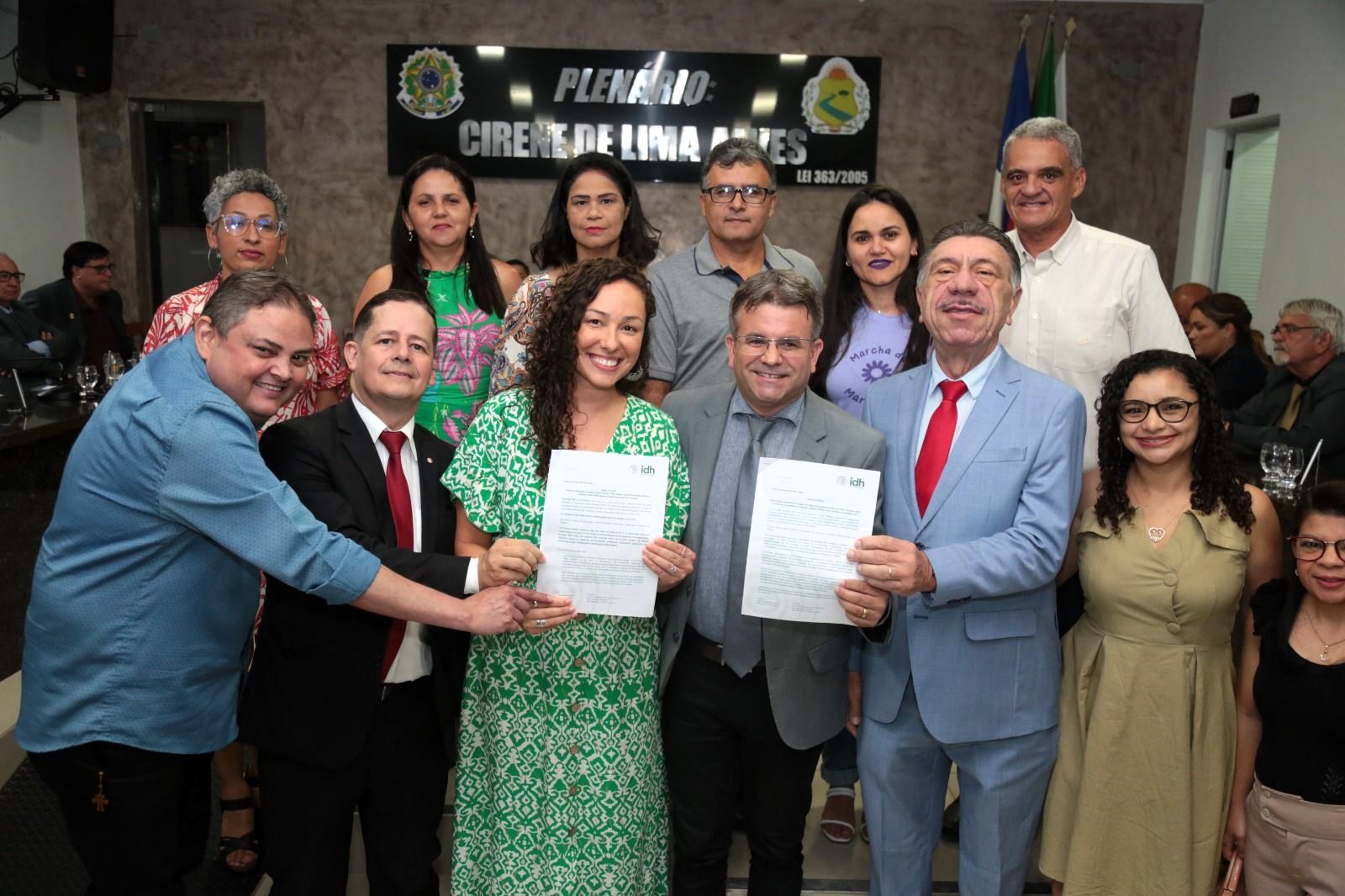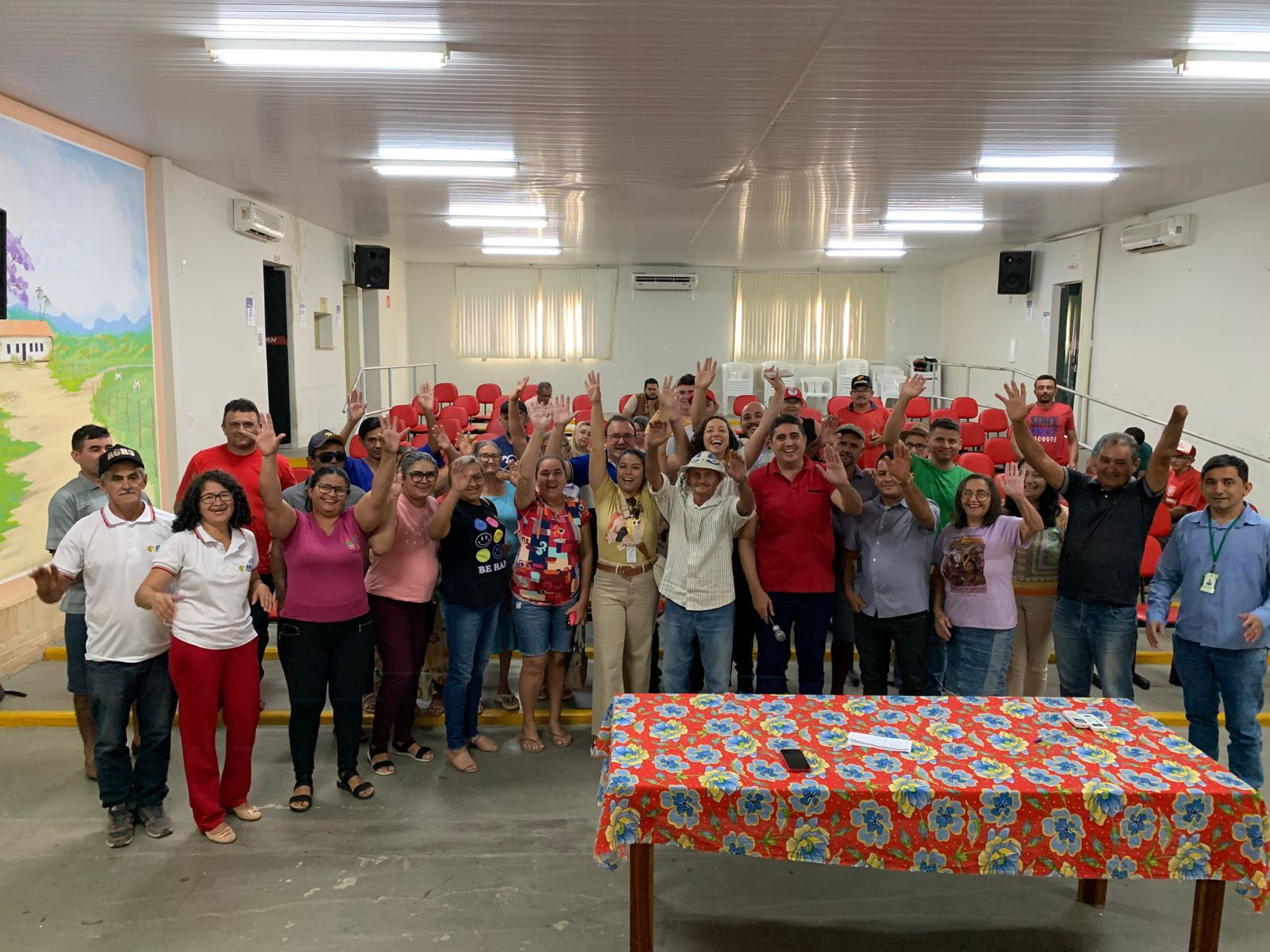More than fifty representatives of the public, private and civil society sectors of the municipalities of Apodi (Rio Grande do Norte state), Monteiro (Paraíba state) and Afogados da Ingazeira (Pernambuco state), in Brazil, have signed the Letters of Intent to formalize their support for the construction of 3 PPI Compacts – Produce, Protect and Include – an initiative of IDH and the Laudes Foundation, in partnership with Diaconia and the World Resources Institute (WRI Brazil).

The Letter sets out a common vision of the future for the main economic, social and environmental activities of the municipalities and was built after several rounds of dialog with the relevant sectors.
The PPI Compact is a model that allows to collectively establish and manage rural development agendas in territories, by lowering risks to attract private funding whose investments generate results in sustainable production, protection and recovery of natural resources and socioeconomic inclusion of local communities.
The goal is to enable, among other solutions, the implementation of the Regenerative Production Landscape Collaborative (RPLC) program to tackle social and climate vulnerability, especially the risk of food insecurity in the Caatinga biome.
The mayor of Monteiro, Ana Lorena Nóbrega, highlighted the benefits of this public-private partnership for the establishment of an inclusive economy. ” Today we have the draft of a thought-out project that aims to foster and support the productive chains already existing in the region, with an emphasis on income generation and increased economic circulation. It is a combination of forces from public management, the private sector and various entities to show our potential.”

The mayor of Afogados da Ingazeira, Alesandro Palmeira, said that the government immediately embraced the proposal, considering the complementarity with agendas already underway. “Such union and the realization that the joint territorial development is much more effective and efficient has already enabled us to create a consortium with the municipalities of Sertão do Pajeú. And now, IDH has come to be this link between our strategies and the appreciation of our potential”.

The president of the rural workers’ union of Apodi, Agnaldo Fernandes, recalled IDH’s relationship of trust with local associations and cooperatives. “This was the best reference of presentation that we had from IDH, because this territory of Apodi is characterized by great community organization. So, we hope that the arrival of this one will further boost this set of articulation, as proposed by the Compact, so that we can increasingly bring partnerships to strengthen agroecological and sustainable production”.

IDH’s project supervisor, Grazielle Cardoso, explains that the next step is to define the details on the quantitative targets and the deadlines for achieving them. “The goals defined by the partners will be included in a Memorandum of Understanding, which formalizes the birth of the PPI Compacts, ensuring transparency and public access. After that, a governance system will be established to monitor progress and raise private investments for the achievement of these goals”, she explained
The events marking the signing of the Letters of Intent of the PPI Compacts took place in the relevant municipalities in late July and early August.